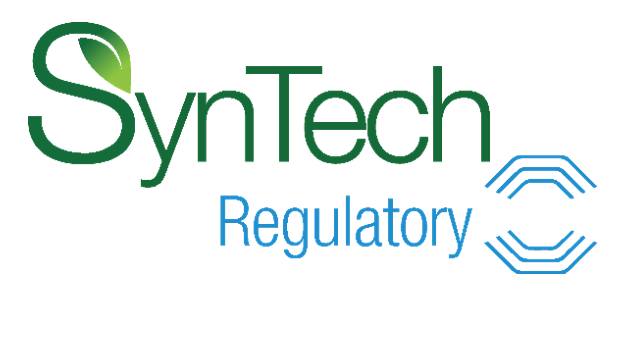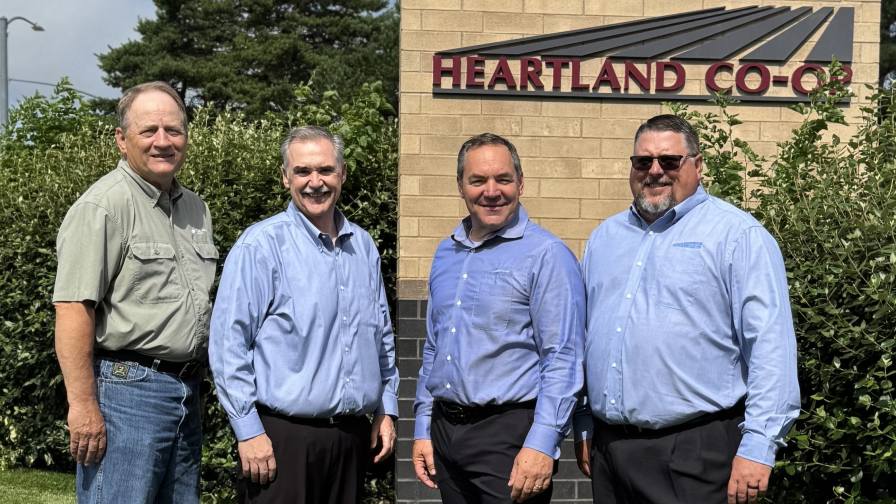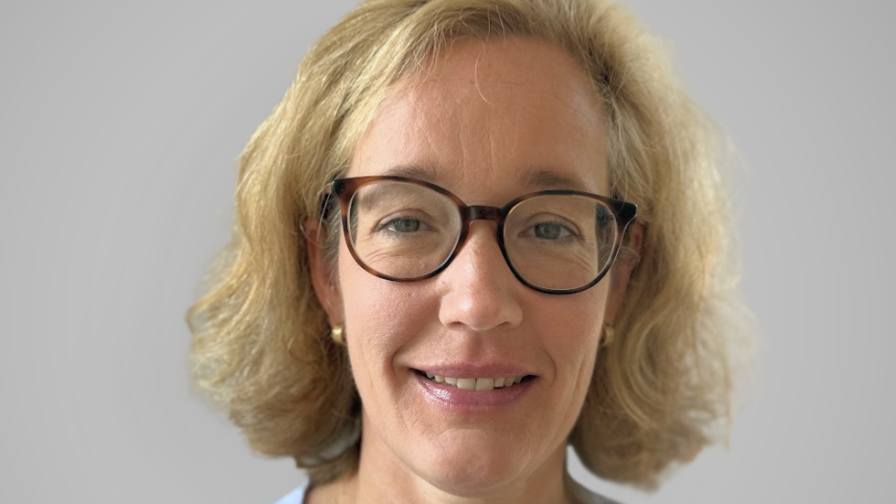AMVAC Ups the Ante with New Precision Ag Technology
A potentially industry-changing at-plant soil treatment system from American Vanguard Corp., or AMVAC, is coming soon to large growers in the U.S. and internationally.
The invention is called SIMPAS, and the brains behind it is Eric Wintemute, Chairman and Chief Executive of the Southern California-based company since 1994.
In an exclusive interview with AgriBusiness Global, Wintemute explains that the idea came about when he was at a conference around 2008. A panel was presenting on the growing problem of corn rootworm and other insects attacking corn.

Eric Wintemute, Chairman and CEO
“I asked them after, why don’t we put more chemicals on the seed? They said that we’re limited to how much we can coat the seed to 1% of the weight of the (corn) seed. That got me thinking, wouldn’t it be great if we could deliver at the time of planting more than just insecticide, but fungicide, nematicide, and different components that could go down at the same time?”
AMVAC’s SmartBox closed-delivery application system — originally acquired from DuPont in 2000 and used by thousands of U.S. Corn Belt growers ever since — while successful, is a one-trick pony, dispensing only soil insecticides.
Wintemute was able to turn that seed of an idea into reality.
SIMPAS builds on the SmartBox platform, upping the ante with sophisticated yet still simple-to-use metering and software and the ability to deploy an array of product that make it the “ultimate dispensing machine,” as Bill Kuser, veteran AMVAC spokesman calls it.
Bob Trogele, Chief Operating Officer, encapsulates the ultimate goal of SIMPAS: “We’re digitizing the production system of a grower, and we’re enabling precision ag.”
“A lot of our customers, partners, and competitors have invested a lot of money into ag data and other precision ag technologies. This is a device that allows you to actually apply it,” says Trogele.
In beta testing with seed companies and retailers this year, it is set to roll out in U.S. markets by 2018 with launches around the globe to follow.
“The idea is to do something very specific, local to where the need is, and to do it very safely to the people who are working in the farms and to the environment. It is very promising,” Kuser says.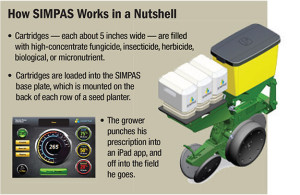
What makes SIMPAS truly unique, says Wintemute, is its ability through software and metering to apply up to eight different types of product simultaneously at not only a variable rate over the field but also at a very low margin of error (+/- 1%). It works on a broad variety of crops, and allows farmers to spot-treat precisely.
“This takes us into a position where we’re going to be much more of a technology provider to the industry. It takes us into a space where we’re going to be more attractive for partners across the value chain from chemical, microbial, micronutrient suppliers — anybody who wants to put anything in furrow, or with or around the seed,” Trogele says.
“We’re talking about in excess of $500 million of market opportunity for prescription planting,” considerably larger than the current SmartBox franchise, Kuser adds.
Geared toward large growers, the system’s closed-delivery safety features and environmental benefits owing to precise application make China an ideal target market for international expansion. Trogele explains that in broadacre-dominated markets like Australia and Eastern Europe, and Brazil where pest pressures are high and granular solutions are preferred, it will prove an excellent fit. SIMPAS supports both granular and liquid solutions, he says.
In addition, he says, “I think governments are going to like it, simply because it will probably exceed regulatory requirements in places like China, Europe, the U.S., and even Brazil. It might save the grower time and maybe even water. It puts the product exactly where he needs it instead of diluted through a watering system.”
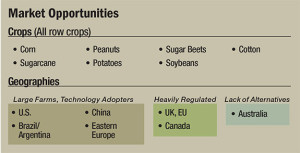 Trogele relayed a recent conversation with a biological company representative, who told him SIMPAS was just what was needed. For smaller tech companies that find themselves out of luck with row crop growers due to the limitations of seed treatments, SIMPAS can give them a path to market, because the system dispenses product at furrow, directly adjacent to the seed. “Here, you can put a biological cartridge (into the SIMPAS system), and do exactly what the grower or supplier wants it to do.” It also can provide soil enhancement between the seed.
Trogele relayed a recent conversation with a biological company representative, who told him SIMPAS was just what was needed. For smaller tech companies that find themselves out of luck with row crop growers due to the limitations of seed treatments, SIMPAS can give them a path to market, because the system dispenses product at furrow, directly adjacent to the seed. “Here, you can put a biological cartridge (into the SIMPAS system), and do exactly what the grower or supplier wants it to do.” It also can provide soil enhancement between the seed.
AMVAC isn’t ready to reveal details on companies it is working with on partnership deals, but count on the leading players in the various product segments going into the system. Since AMVAC specializes in insecticides, it would likely supply those while other companies would collect a license on other products.
“It’s going to change our company for sure. It may change in some ways how the industry operates. Ultimately what it’s going to do is offer a better production system for the grower,” Wintemute says.


